Concordia will be a sustainable, resilient, innovative and inclusive community, which maximises the significant infrastructure investment made in Adelaide’s northern region.
10,000
homes
23,000
residents
$9.4 billion
in economic impact
1,370
new jobs per annum
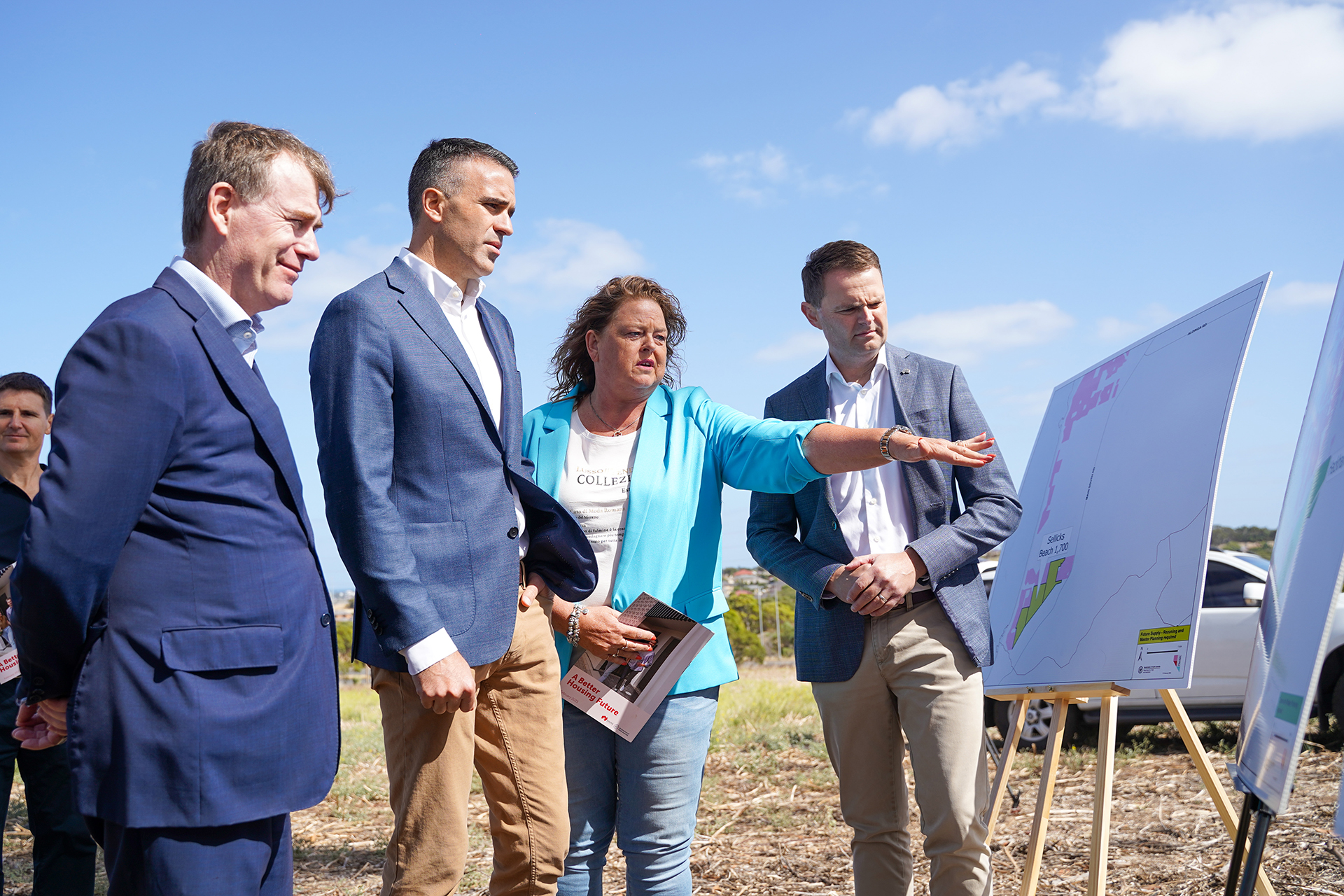
Rezoning Announcement
On 12 February 2023, the State Government of South Australia announced that the Concordia Growth Area will be rezoned for future urban development. We welcome the Government’s commitment to deliver the rezoning of Concordia to help ease the pressure on land supply, increase affordable housing choices and support South Australia’s existing and expanding population
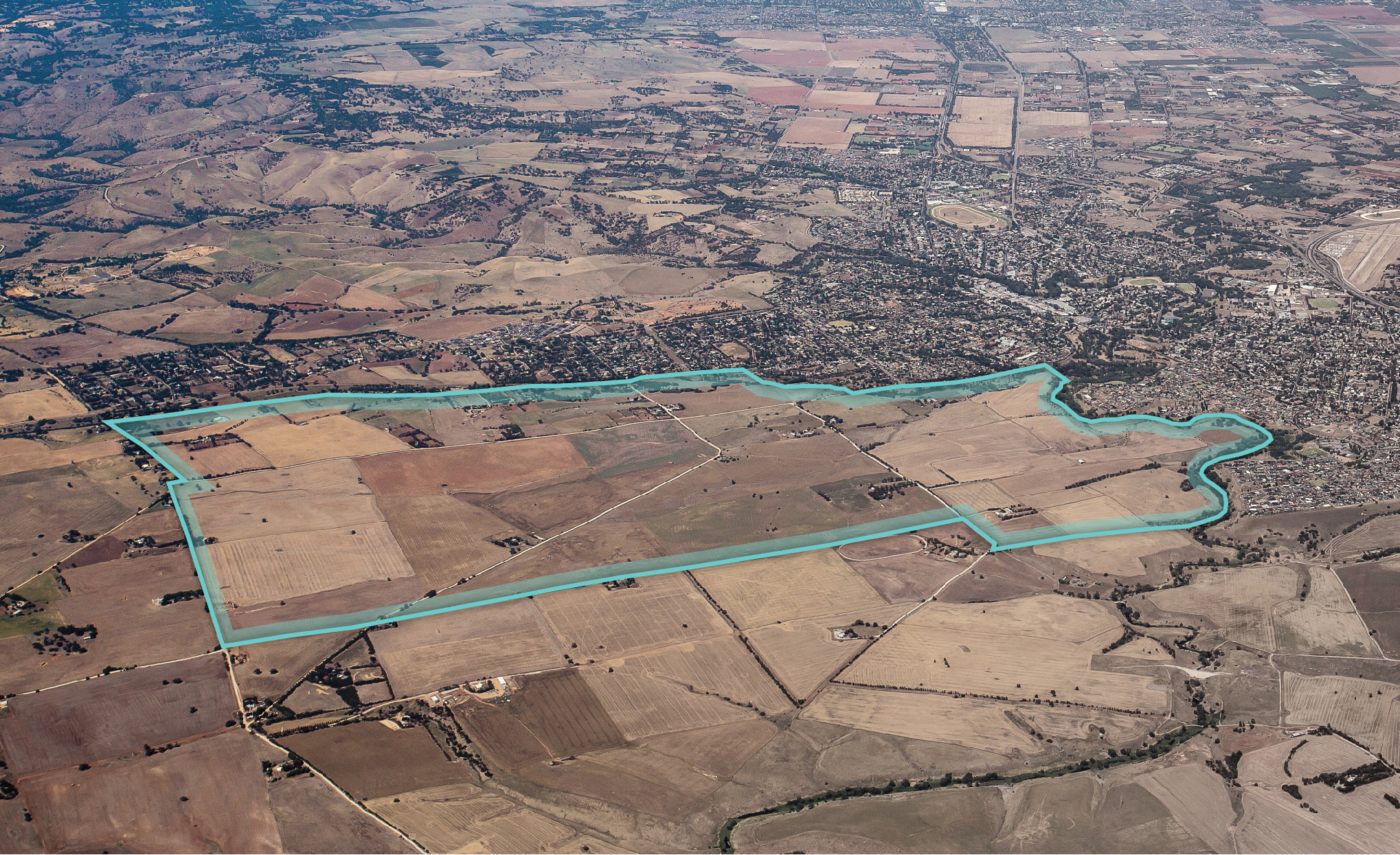
The Development
The Concordia Growth Area is a land area comprising approximately 984 hectares, located 40 kilometres north of Adelaide’s CBD.
It has been included within South Australia’s urban growth boundary since 2010.
Concordia Land owns or controls 633 hectares (64 per cent of the land).
With no significant constraints to its development, Concordia Land has the opportunity to develop its land holding into South Australia’s pre-eminent master planned community
Quick facts
- Concordia is located approximately 40 kilometres north of Adelaide’s CBD.
- The area comprises approximately 984 hectares.
- Recent investment in road infrastructure (Northern Connector and the Northern Expressway) has significantly reduced travel times to the land.
- The land is also connected to the CBD and northern employment areas by the newly electrified Gawler Rail Line.
- The entire area will accommodate approximately 10,000 homes over 25 years.
- The area would support a main village centre as well as two local centres.
- Concordia is expected to be home to 23,000 people upon completion.
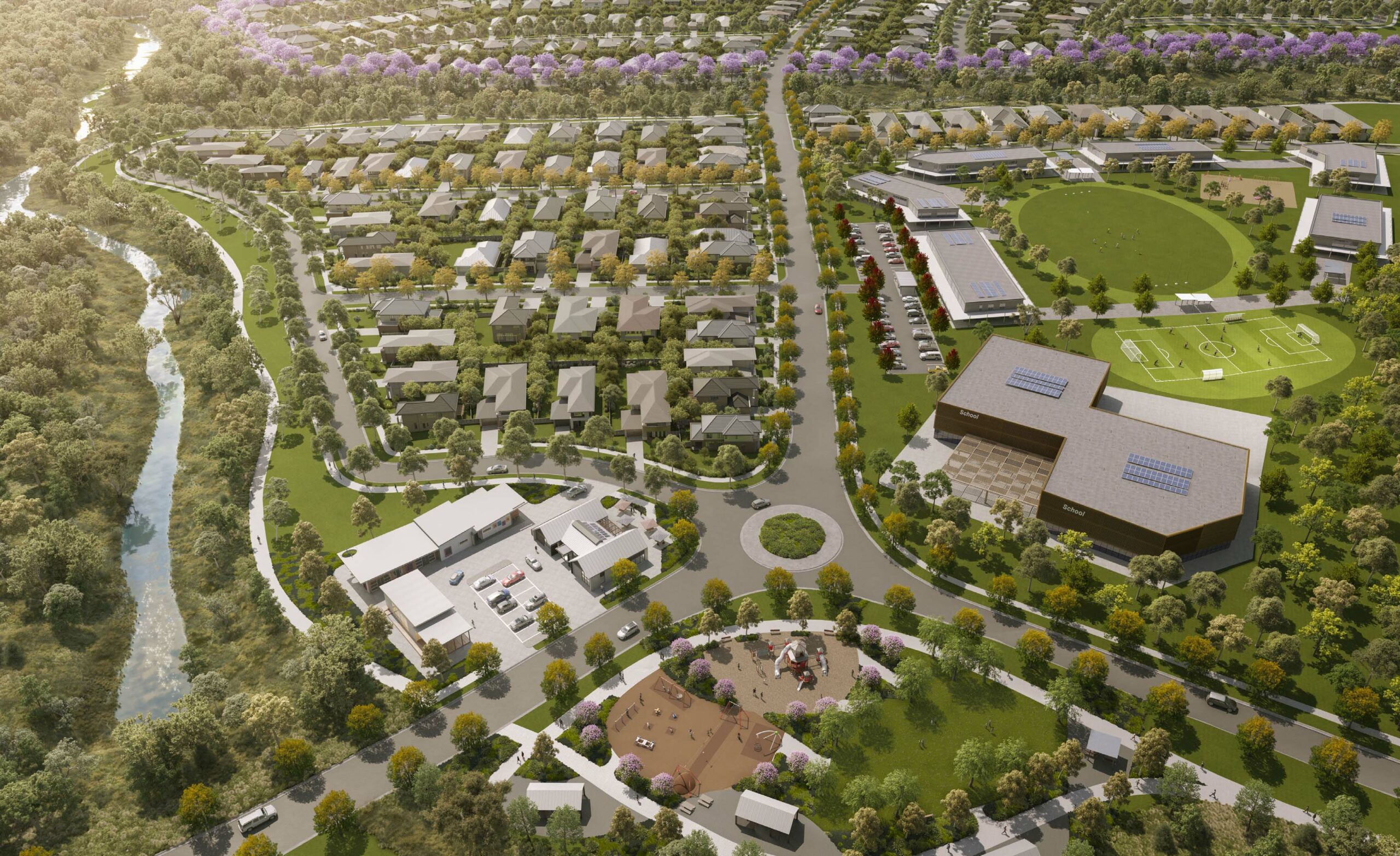
The Vision
To develop Concordia into South Australia’s pre-eminent master planned community which maximises the significant infrastructure investment made in Adelaide’s northern region.
As a community, Concordia will be sustainable, resilient, innovative and inclusive, with an urban form that reflects the character of its unique location.
A Connected Development
Concordia will be a connected and orderly development that complements the existing Barossa and Gawler centres, and expands the region using existing and new infrastructure and services.
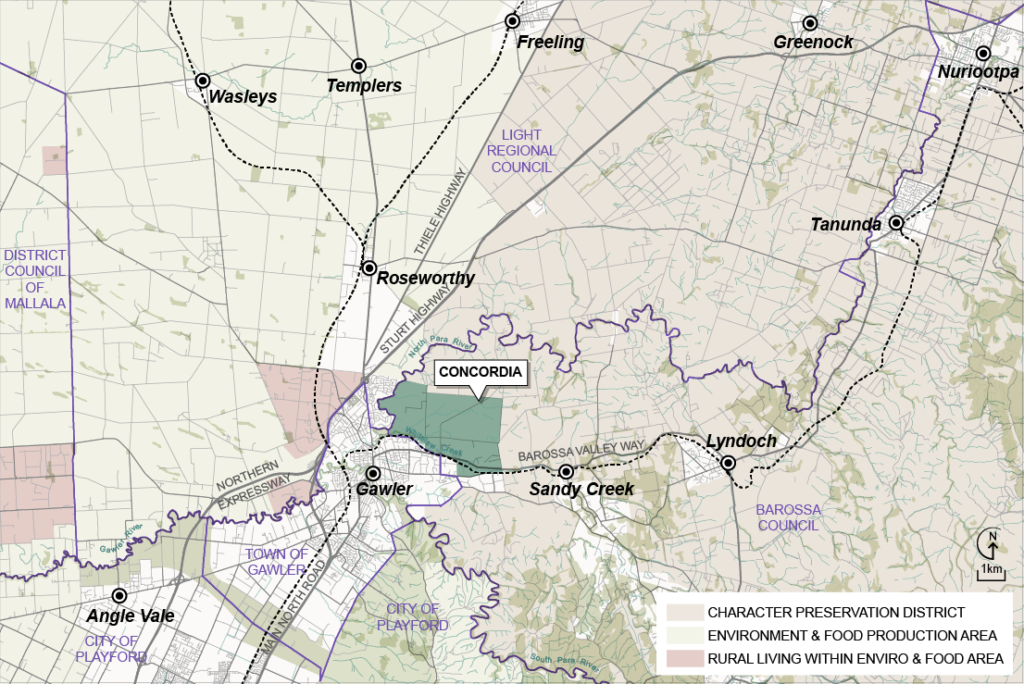

Growing Adelaide's North
Concordia will facilitate strategic economic growth opportunities for northern Adelaide, while protecting and supporting agricultural and viticultural activities, and the nearby heritage townships.
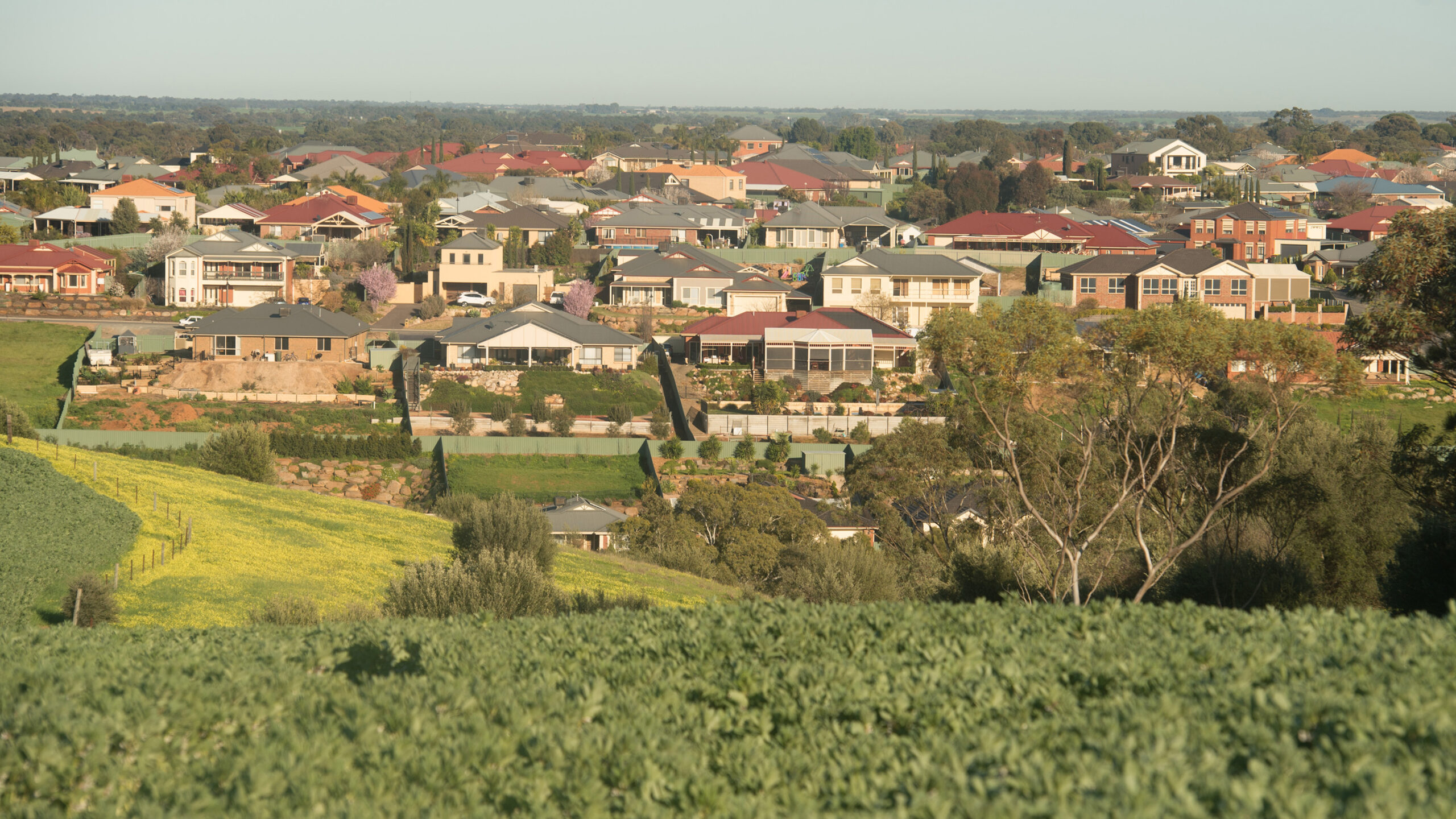
Long Term Housing Supply
Concordia will secure deliverable and considered long term housing supply opportunities for the north of Adelaide, which can evolve as the community evolves.
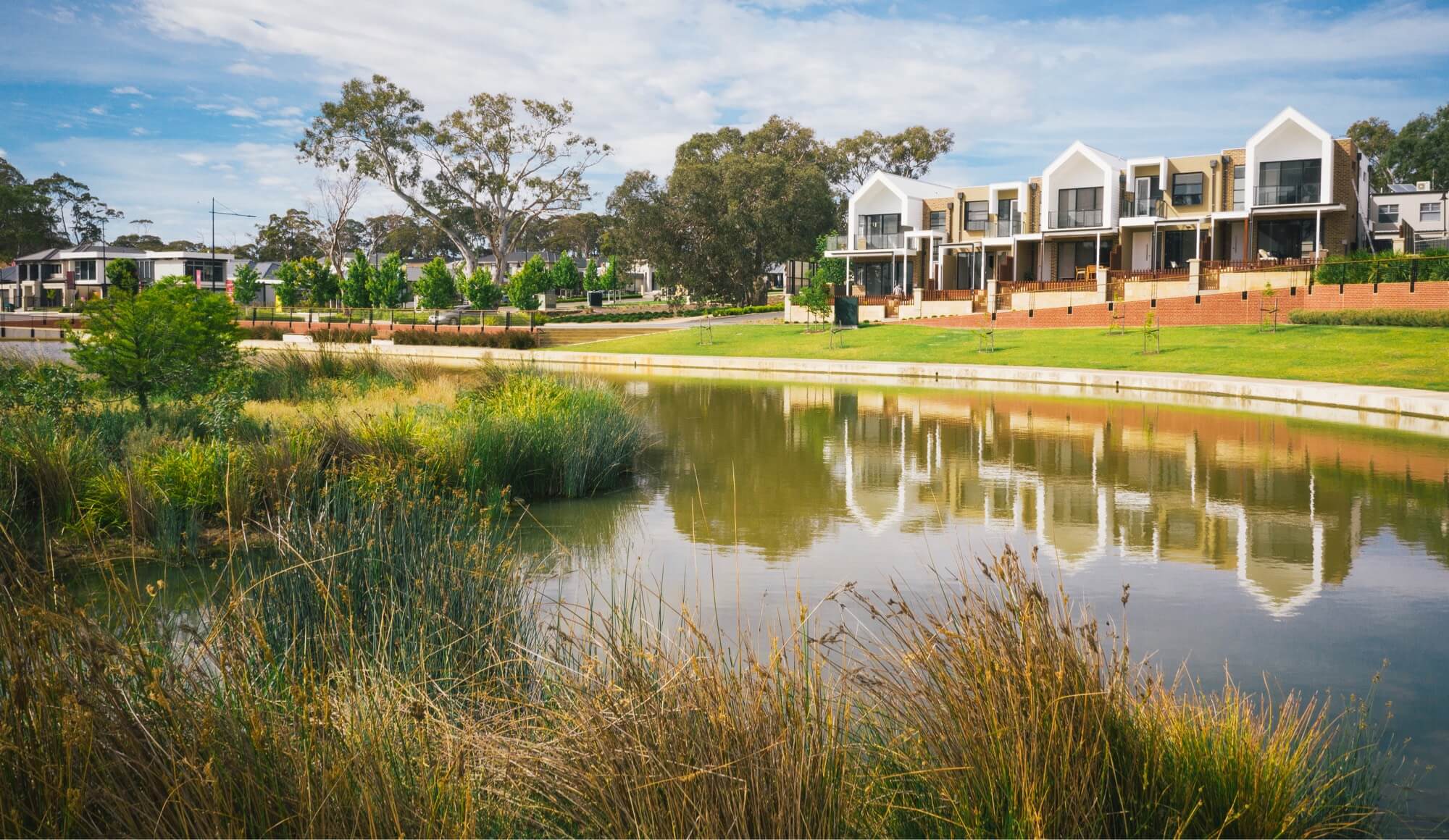
Genuine Housing Choice
Given the scale of the project area, Concordia will provide genuine housing choice reflecting the needs of a broad range of home buyers and, importantly increase affordable housing options
Benefits
As a large-scale, master-planned development area, Concordia provides a unique opportunity to create a strong northern regional hub which can be developed efficiently and orderly to grow the regional and State economy.
The benefits of Concordia include:
- Capitalising on existing infrastructure and services, particularly the significant Government investment in road and rail.
- Land is eminently suitable for development.
- The site has immediate access to existing civil infrastructure, services and movement networks.
- Delivers important community infrastructure not just for Concordia but for the region.
- Offers an alternative to Adelaide plains development and housing choice.
- Single ownership of the majority of the Concordia Growth Area enables efficient infrastructure planning and delivery.
A 2018 report from PriceWaterhouseCoopers also found that Concordia will also provide significant economic and social benefits to the state, including:
- $9.4 billion in Gross State Product
- $3.85 billion in dwelling construction
- $1.03 billion in commercial and community construction
- 1,370 jobs per annum at the project’s peak; and
- $498 million in time savings from road investment.
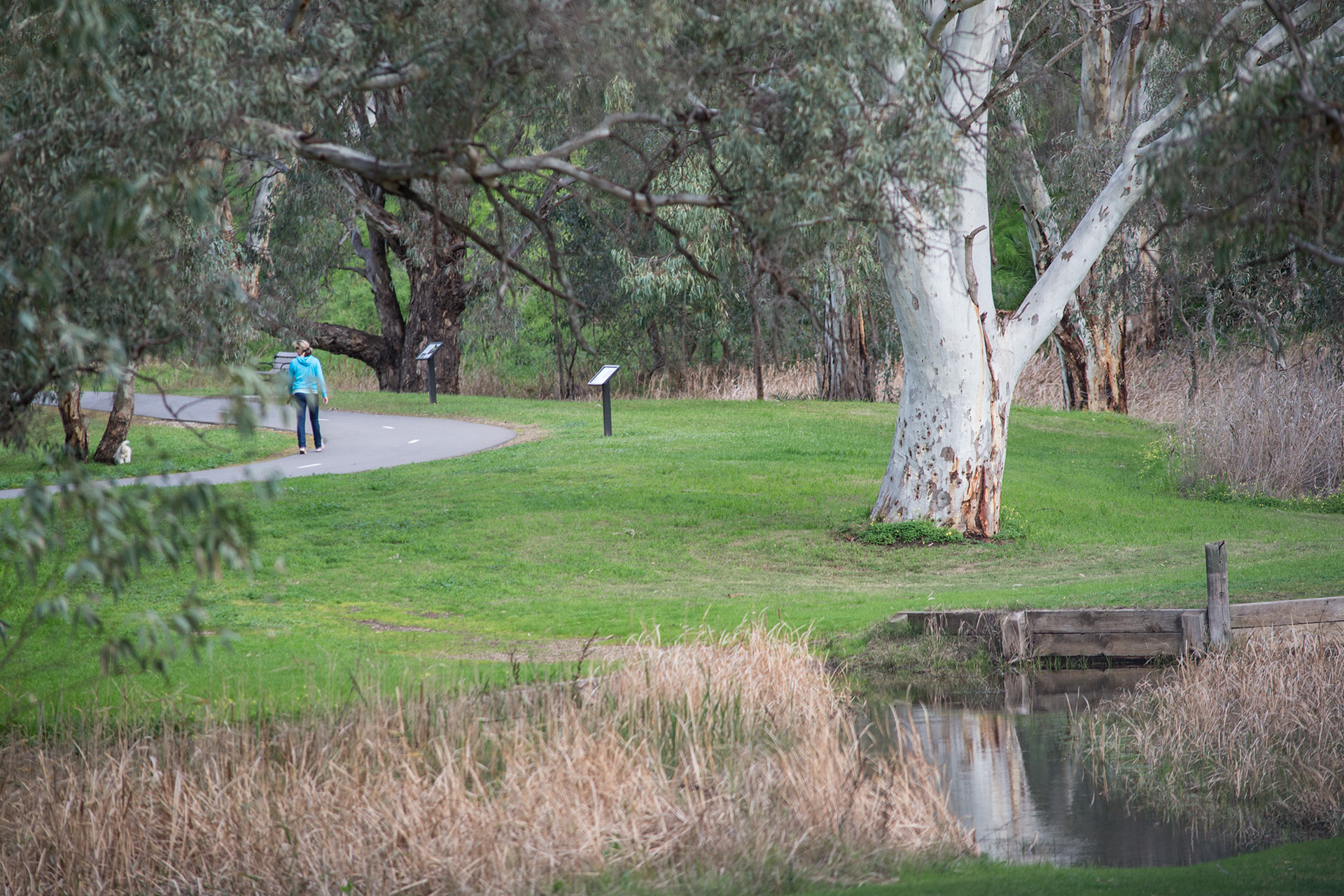
Collaboration
As a community, Concordia will be built on the values and character of the Barossa Valley Region.
The Concordia Growth Area will be developed in a coordinate manner and in keeping with the landscape and character of the locality. The land has been identified as an Urban Growth Area within the State Government’s 30-Year Plan for Greater Adelaide for over a decade. In addition to the State Government’s objectives, we consider the land can deliver an essential part of the long-term growth strategy of Barossa Council in providing new housing for its workforce and expanding the region with services.
We look forward to working closely with all levels of Government and key stakeholders to progress the rezoning, so as to enable the development of a vibrant and connected community that will be integral to South Australia’s growth ambitions.
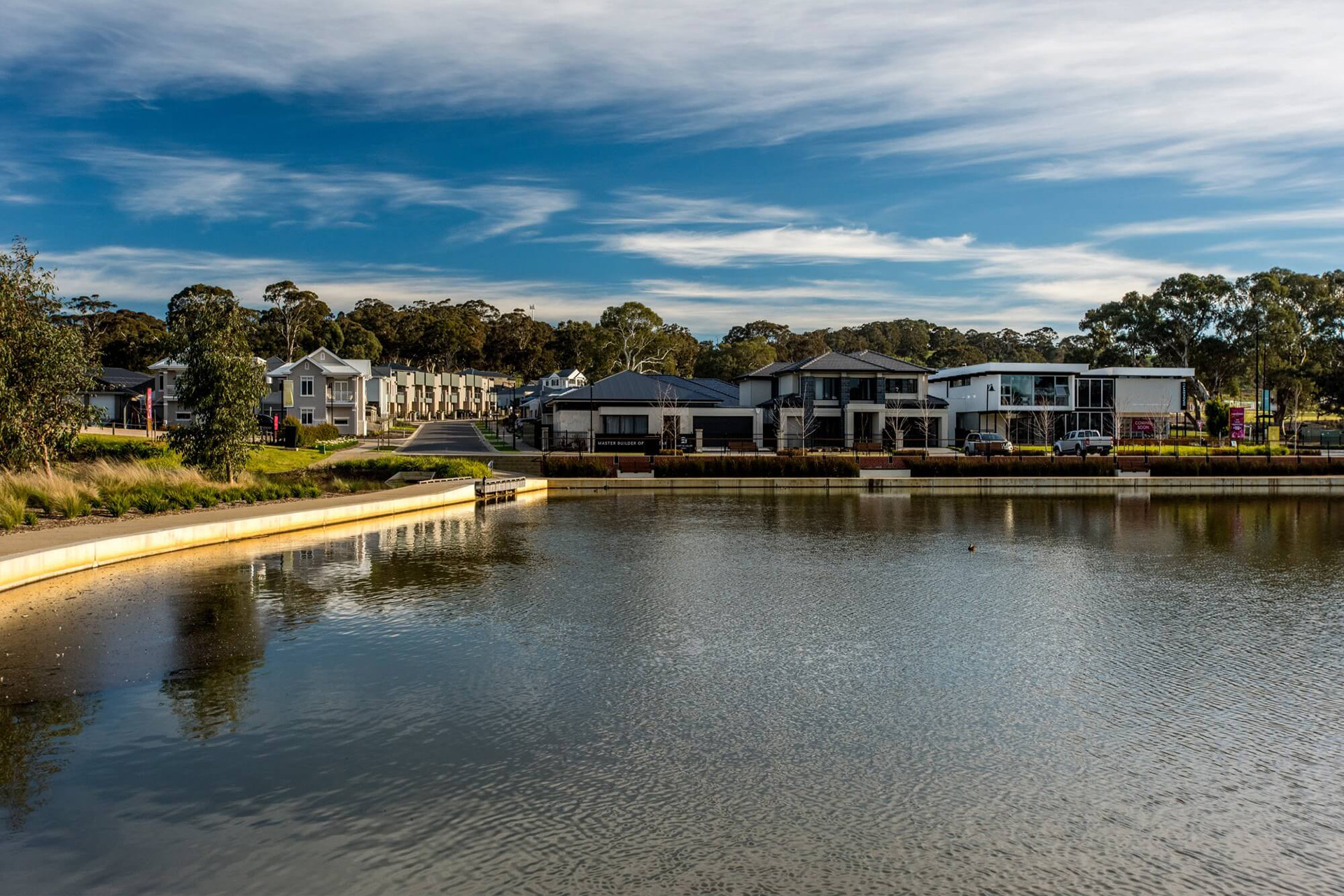
About Us
Concordia Land is based in Adelaide and comprises some of South Australia’s most experienced land developers.
By consolidating ownership of the Concordia Growth Area, Concordia Land has been able to take an holistic approach to planning and developing the land. This allows for:
- logical co-ordination and sequencing of the development and provision of infrastructure.
- the ability to achieve a higher standard of development outcomes and innovation; and
- avoids complexity and conflict of aspirations associated with fragmented ownership.
